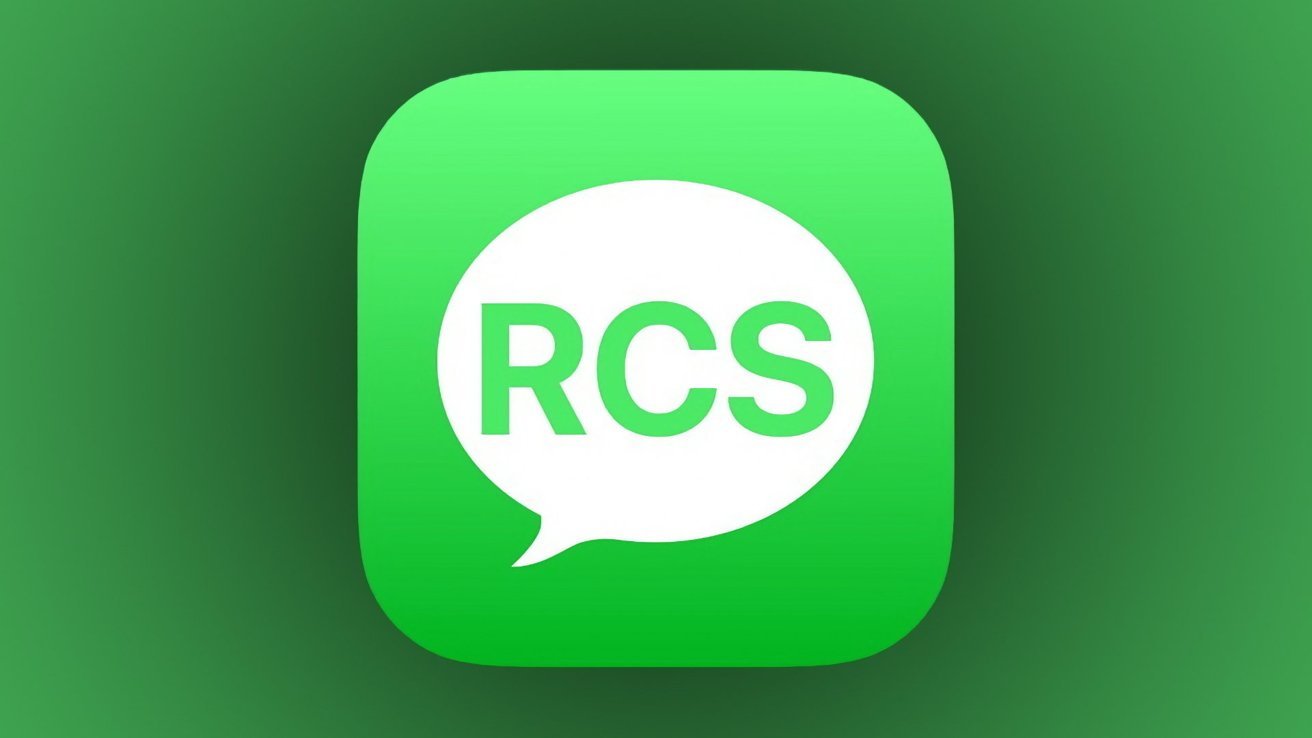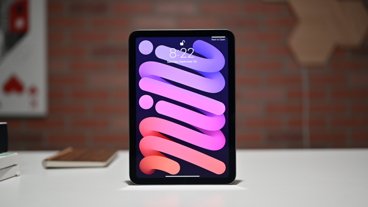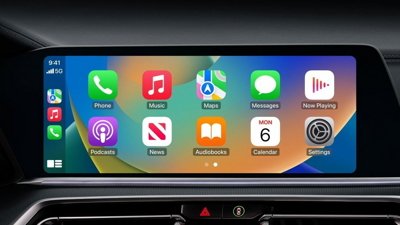With some "special magic" some iOS 18 developer beta users claim to have been able to turn on an extremely limited and very early version of RCS messaging between iPhone and Android.
Apple confirmed during its WWDC keynote that RCS (Rich Communication Services) support will be coming to the iPhone, but said only that it would be introduced in a software update later in 2024. Unsurprisingly, Apple is already testing the functionality, but now users of the developer beta of iOS 18 claim to have been able to use it, at least partially.
RCS comes to iPhone.
— Dhinak G (@dhinakg) June 16, 2024
h/t https://t.co/X2mRxhGcr1 pic.twitter.com/LL4ATIWDza
A long thread on X/Twitter goes through what functions appear to be working, though it does not detail how the feature was accessed. Currently the clearest answer to the many questions about activating it, is a message saying "this is currently inaccessible without special magic in iOS 18 beta 1."
What the testers have found is that, so far, individual and group message chats successfully go to Android, and so do file transfers. Replies from Android do not work, they still appear as regular text messages.
Similarly, it's claimed that there are no read receipts in group chats, but there are for individual one to one conversations. The testers claim to have found that RCS support on iPhones is limited to T-Mobile and AT&T.
Most significantly, end to end encryption does not yet work either. However, doubtlessly this will come before RCS support is officially launched.
In fact, all of this will change as the RCS system isn't even officially in the beta release of iOS 18. Reportedly, when it is, there will be a new RCS option in Settings, but it appears to solely allow user to turn support on or off.
Who will benefit from RCS
RCS support will improve messaging between iPhone and Android users. It will mean that features such as higher-quality images and videos being transferred, and iMessage-like features such as seeing when someone is typing.
It will mean that Android users will be better able to take part in iMessage group conversations. Although iMessage texts will continue to be in blue bubbles, while Android-sent ones will remain in green ones.
This blue versus green bubbles has become an issue — although not outside the US where iMessage lags far behind WhatsApp. Google has long insisted that RCS would solve everything, despite it having problems and Google itself not always supporting it.
Apple has equally long ignored RCS, with Tim Cook saying that it wasn't a priority for iPhone users. However, it turns out that interoperability was a priority for the EU, and continues to be one for China too.
Consequently, Apple has agreed to support RCS in iOS. Although it's only a partial victory for Google, as Apple is not supporting the search company's version, and instead is working with the GSMA standards body to add new encryption to it.
When it does come, RCS support is going to be only one of very many additions to the iPhone brought by iOS 18.
 William Gallagher
William Gallagher







-m.jpg)






 Amber Neely
Amber Neely
 Mike Wuerthele
Mike Wuerthele



 Andrew Orr
Andrew Orr
 Wesley Hilliard
Wesley Hilliard






19 Comments
I understood that Apple's implementation of RCS won't initially do E2E encryption, as it's not part of the official standard, but, rather, a Google-proprietary add-on for Android. Apple says it will work to get some form of E2E encryption (maybe not Google's) into the standard, at which point it will implement it. If my information's out-of-date or incorrect, please put me right!